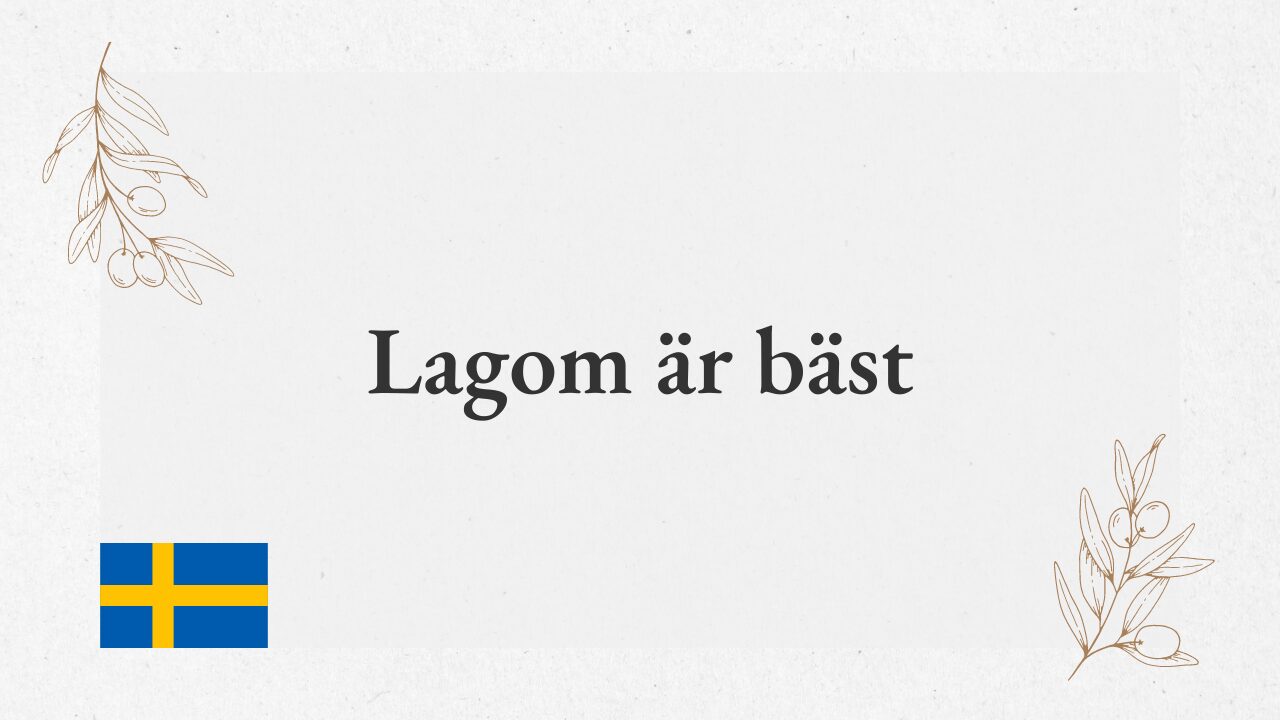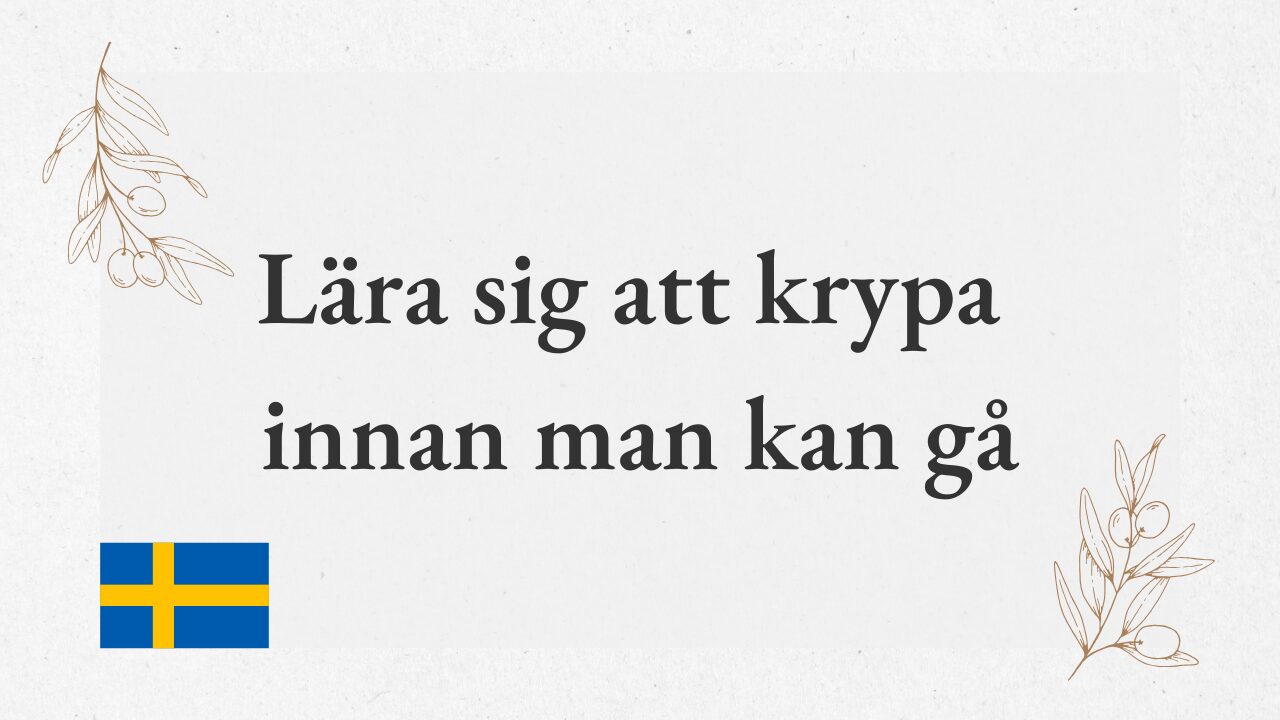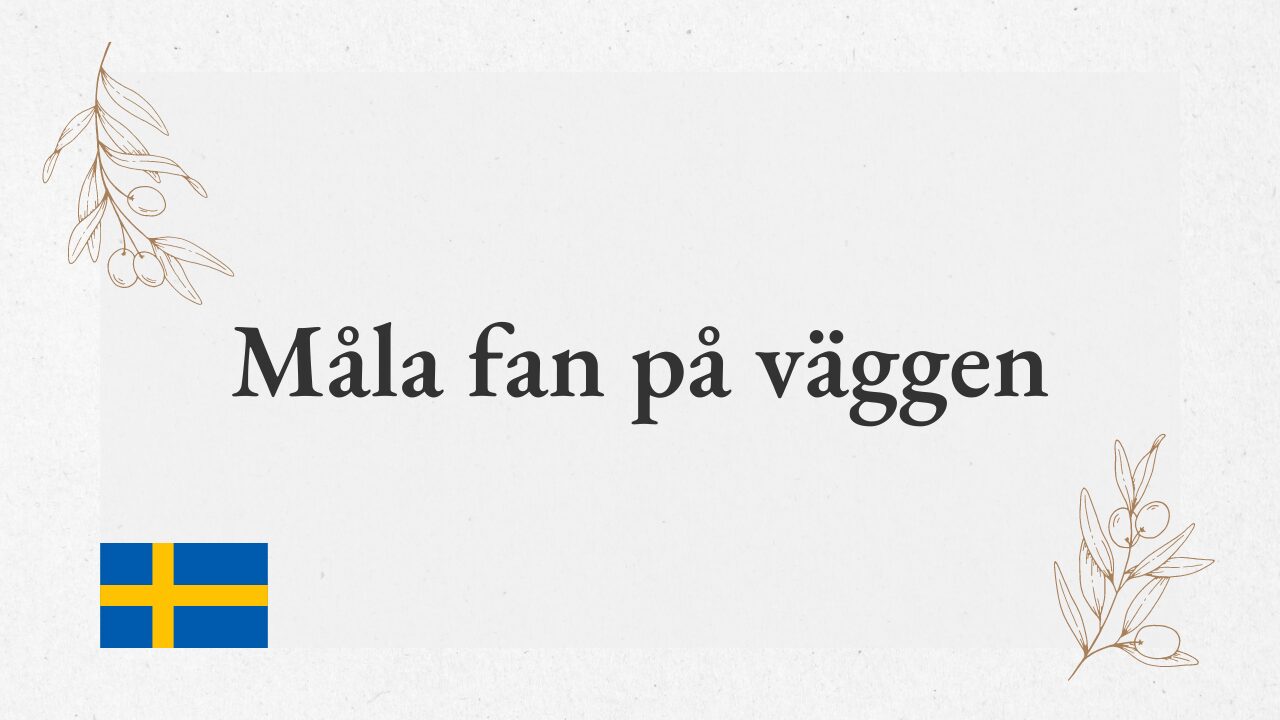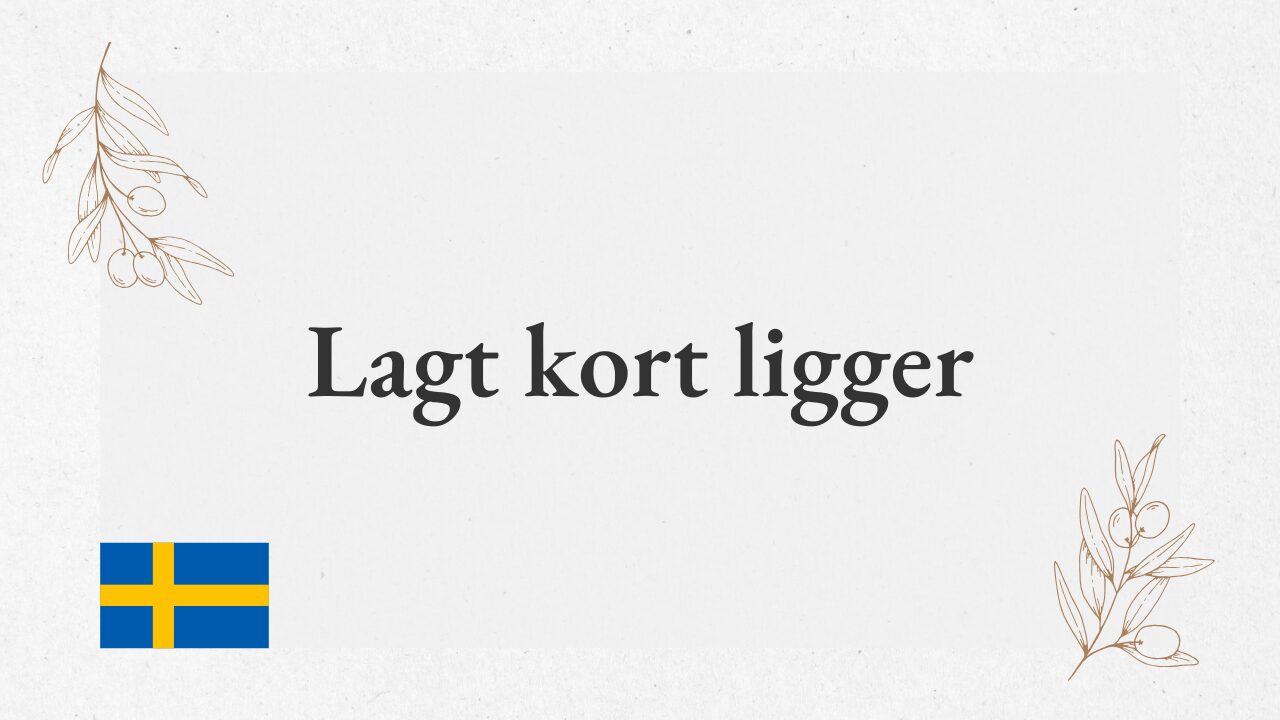“Tala är silver, tiga är guld” – Speech is silver, silence is golden
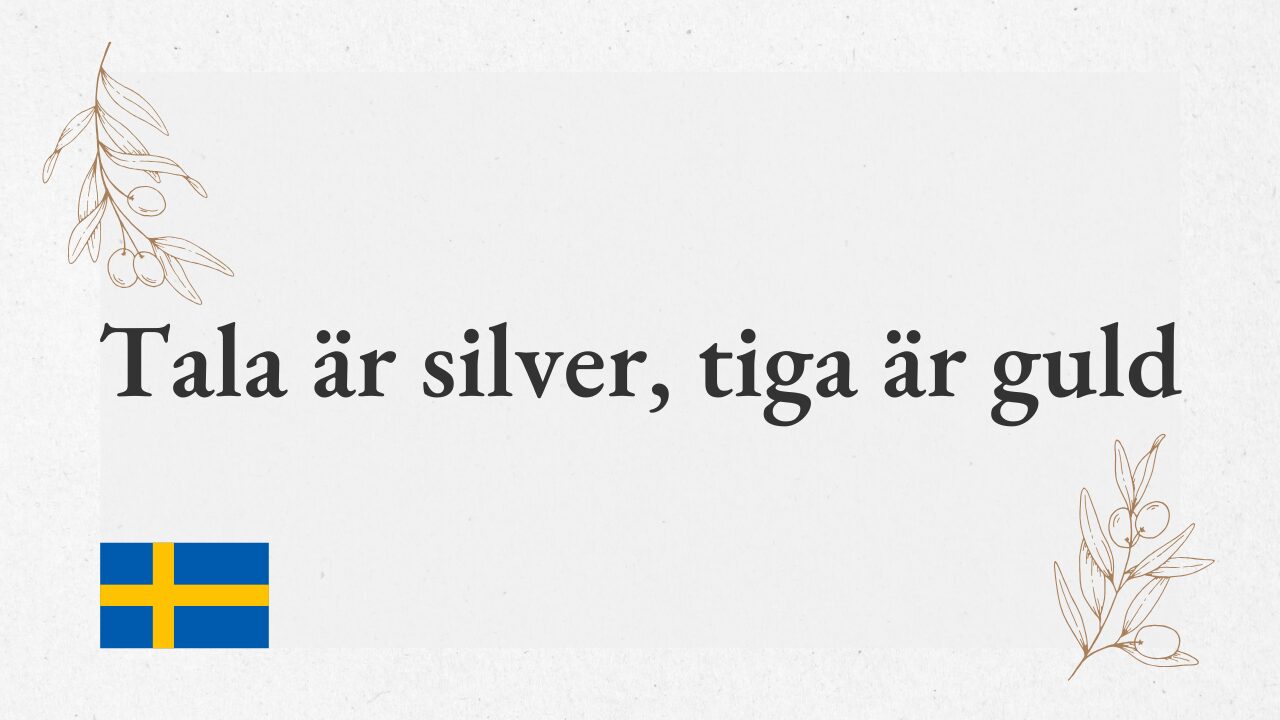
Meaning
“Tala är silver, tiga är guld” translates to “Speech is silver, silence is golden.” This expression conveys the lesson that while speaking has its value, there are times when keeping silent holds even greater value. It implies that even if one feels the urge to say something, it may be wiser to remain thoughtful and silent.
This saying is especially used in situations where avoiding emotional arguments or understanding the atmosphere is crucial. Words have the potential to hurt others or cause misunderstandings, so the message emphasizes the importance of speaking carefully.
The English equivalent, “Speech is silver, but silence is golden,” is used in much the same way, highlighting that while speaking can be beneficial, silence often carries a higher value. In English-speaking cultures, avoiding careless words is also crucial, especially in tense or emotional situations.
Additionally, the Japanese proverb “The mouth is the source of calamity” carries a similar warning, emphasizing the need to be cautious with words to avoid trouble. In Japanese culture, reading the room and behaving with restraint and consideration for others is highly valued, aligning with the sentiment of “Tala är silver, tiga är guld.” Both cultures recognize the power of words and the wisdom of controlling them.
Origin
In the Nordic countries, there is a strong cultural tendency to value a reserved and thoughtful demeanor, and concise yet meaningful expression is seen as a virtue. The harsh natural environment in which the people of the region have historically lived has contributed to the development of a cautious and calm nature.
In Swedish society, while open discussion and the exchange of ideas are valued, knowing when to remain silent is considered wise. This saying encapsulates ancient wisdom, which is also reflected in various other cultures. For example, the Jewish Talmud includes the idea that “Silence is the virtue of the wise,” a concept that has spread throughout Western society.
Conclusion
“Tala är silver, tiga är guld” is a Swedish proverb meaning “Speech has value, but sometimes remaining silent is wiser.” In Swedish culture, caution and thoughtfulness are highly respected, and this expression reflects that value.
It teaches that, since words can cause trouble, reading the room and choosing to stay silent when necessary is often the most prudent choice. This proverb serves as a useful reminder, especially in emotionally charged situations or when dealing with sensitive issues.

